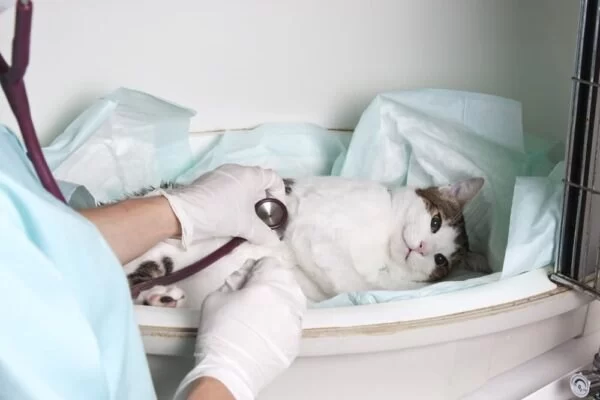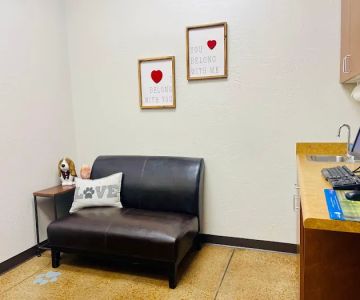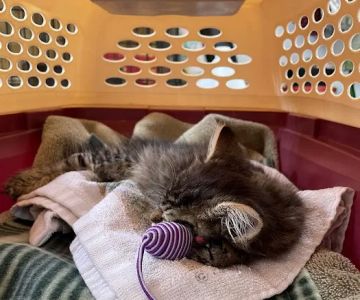- 1 - Why Being Prepared for Pet Emergencies Matters
- 2 - Common Pet Emergencies You Shouldn’t Ignore
- 3 - How to Handle a Pet Emergency Before Reaching the Vet You Shouldn't Ignore
- 4 - Real-Life Examples That Highlight Emergency Preparedness
- 5 - Professional Support from Hidden Brook Veterinary
1. Why Being Prepared for Pet Emergencies Matters
Pet emergencies are unpredictable, and the minutes between recognizing a problem and reaching veterinary care can make all the difference. Many owners underestimate how quickly a situation can escalate, whether it’s heatstroke, poisoning, or trauma. Knowing how to handle a pet emergency before reaching the vet you shouldn't ignore ensures that your pet has the best chance of recovery. Preparedness is not about replacing veterinary care—it’s about stabilizing your pet until professional help is available.
Even small actions, like keeping a pet first aid kit at home and in your car, can significantly reduce risks during emergencies.
2. Common Pet Emergencies You Shouldn’t Ignore
Some emergencies occur more often than others, and recognizing them early is critical:
Heatstroke: Overheating in pets, especially in summer, can lead to seizures or organ failure if untreated.
Poisoning: Ingesting household toxins like chocolate, antifreeze, or certain plants can cause rapid deterioration.
Choking: Bones, toys, or foreign objects can block airways, requiring immediate action.
Trauma: Car accidents, falls, or fights can result in internal injuries that may not be visible right away.
Seizures: These may occur from underlying health issues and require stabilization before veterinary care.
Each of these scenarios requires calm, immediate responses that can protect your pet until professional treatment is available.
3. How to Handle a Pet Emergency Before Reaching the Vet You Shouldn't Ignore
When emergencies happen, owners should focus on three priorities: staying calm, stabilizing the pet, and seeking immediate veterinary care. Here are some key first-aid steps:
1. Control Bleeding: Apply pressure with clean gauze or cloth to slow blood loss.
2. Support Breathing: If choking, gently open the mouth to remove visible obstructions. Avoid blind finger sweeps that may push objects deeper.
3. Address Heatstroke: Move pets to a cool area, apply damp towels, and offer small amounts of water. Do not use ice-cold baths, which can shock the system.
4. Manage Poisoning: Contact poison control or a veterinarian immediately—never induce vomiting without guidance.
5. Keep a First Aid Kit: Include bandages, antiseptic wipes, digital thermometer, tweezers, and emergency contact numbers for quick action.
These measures don’t replace veterinary care but can stabilize pets during those critical minutes.
4. Real-Life Examples That Highlight Emergency Preparedness
In Texas, a dog survived after choking on a toy when the owner quickly performed a modified Heimlich maneuver before rushing to the vet. In another case, a cat poisoned by ingesting lilies was stabilized thanks to the owner’s immediate action of rinsing its mouth and calling the vet before arriving at the clinic. These real-world examples show how knowledge and quick responses can save lives.
Stories shared online by pet owners frequently highlight how acting fast in emergencies turned potential tragedies into recoveries. These experiences underscore the importance of preparation for every household with pets.
5. Professional Support from Hidden Brook Veterinary
While first aid can stabilize a pet, professional care is always necessary. At Hidden Brook Veterinary, expert teams provide emergency services, preventive advice, and guidance on assembling pet first aid kits. They also educate owners on recognizing symptoms and taking safe immediate actions. By combining home preparedness with veterinary expertise, owners can feel confident in protecting their pets during emergencies.
Pet emergencies are frightening, but with the right knowledge and resources, owners can respond effectively until professional help takes over.












